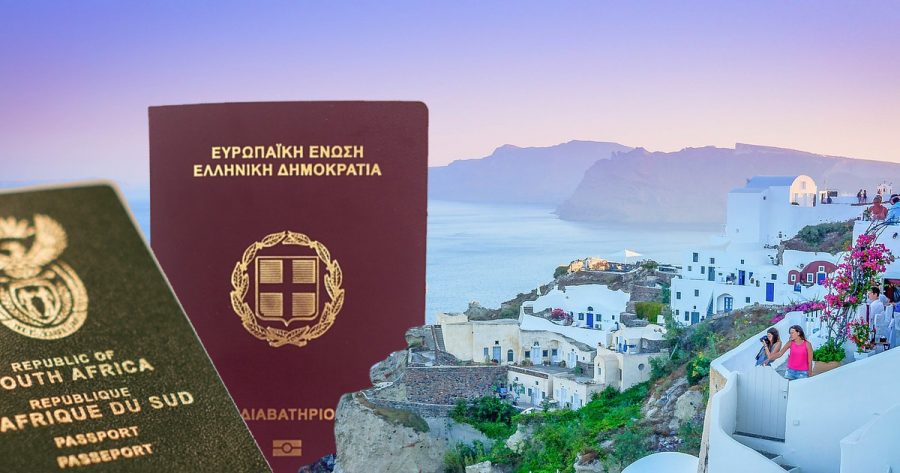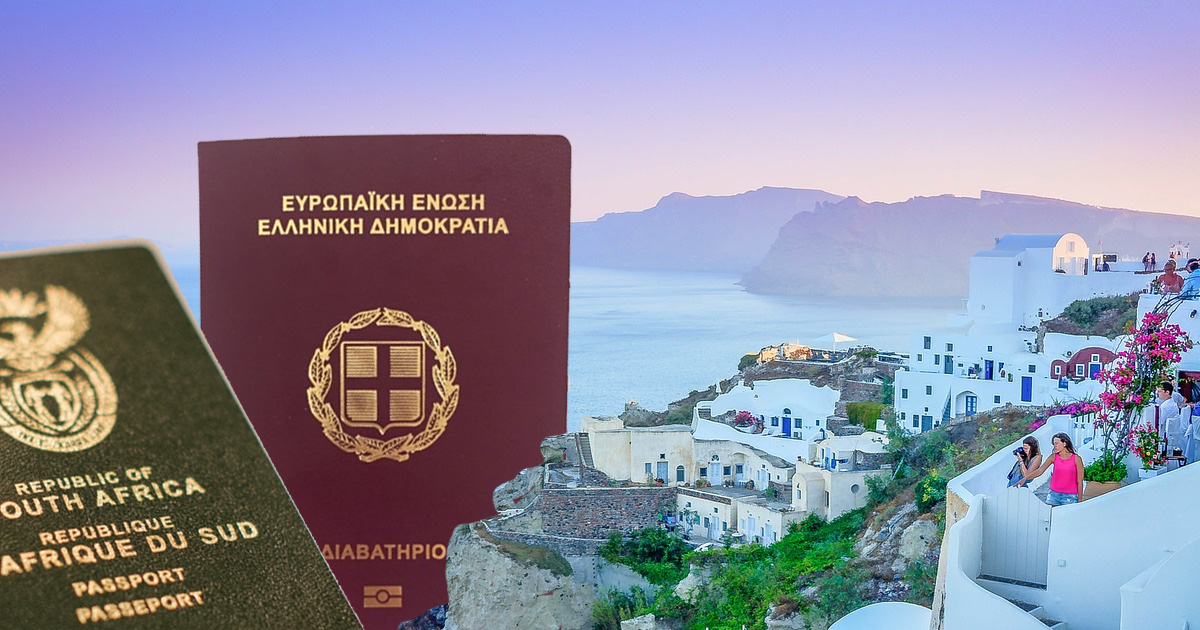
Record Number of South Africans Applying for Second EU Passport in 2019 (Plan B)
With the pending tax changes in South Africa, due to be enforced from 1st March 2020, the EU Second Passport scheme is proving to be an attractive and enticing proposal for South Africans. The uncertain future of South Africa is driving record numbers of South Africans in applying for Second EU Passports. The enticement of […]

With the pending tax changes in South Africa, due to be enforced from 1st March 2020, the EU Second Passport scheme is proving to be an attractive and enticing proposal for South Africans. The uncertain future of South Africa is driving record numbers of South Africans in applying for Second EU Passports.

The enticement of a second European Passport through Investment has seen Cyprus, Greece, Malta and Portugal experiencing a vast increase of applicants from South Africa. Since 2018, there has been an increase of 364% in interest from South Africans for a second passport. What many South Africans call “Plan B” continues to gain popularity.
With a European Passport, the prospect of living in any country forming part of the European Union is highly attractive. South Africans are looking to their future and that of their children, the idea of having the opportunity to study and work in any country across the EU remains appetising.
Ease of travel is also a key reason, with the South African Passport allowing access to 102 countries however excluding the world biggest economies such as the US, UK, Europe Schengen area and Canada. A Cyprus Passport allows visa free travel to 169 countries, Greece 183 countries, Malta 182 countries and Portugal allows visa free travel to 184 countries.
Thus, travel, education, employment, business opportunities and safeguarding a better future for their family are key reasons for record numbers of South Africans in the past 12 months applying for Second EU Passports.
Marisa Jacobs from Xpatweb explains that depending on the EU Scheme, these EU Passports can be ascertained through Investments starting from €250,000 and take between 6 months – 7 years to attain the EU Passport (no residency period in the country required).
Therefore, a South African does not have to permanently live in the country to attain the EU Passport.
Vast numbers of South Africans are apparently looking to the future and are open to making the investment for both themselves and their children’s future.
“As the largest provider of services to foreign nationals working and living in South Africa and South Africans abroad, Xpatweb understands the options available, the pitfalls and opportunities that arise and can recommend reputable providers in the market for our clients,” says Maris.
For more information click here to learn more or contact: marisa@xpatweb.com